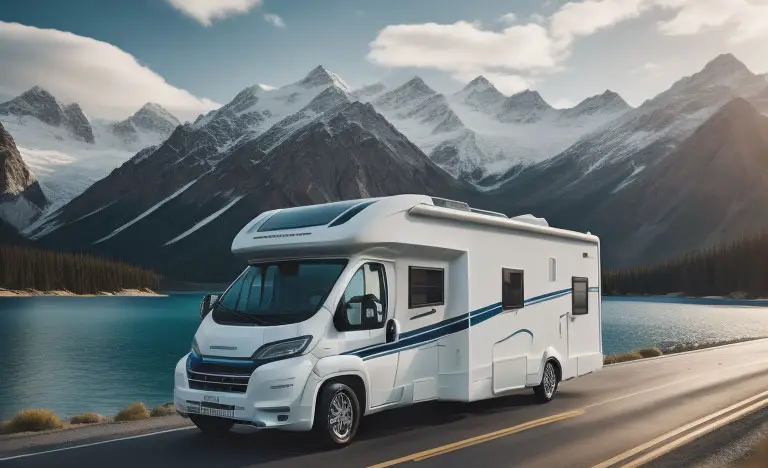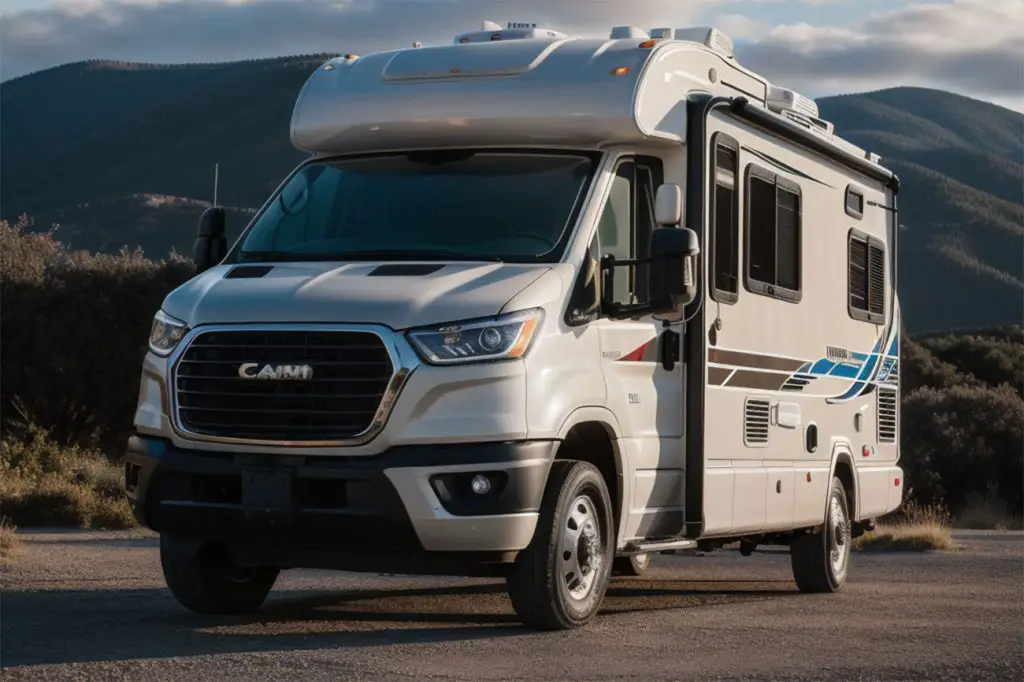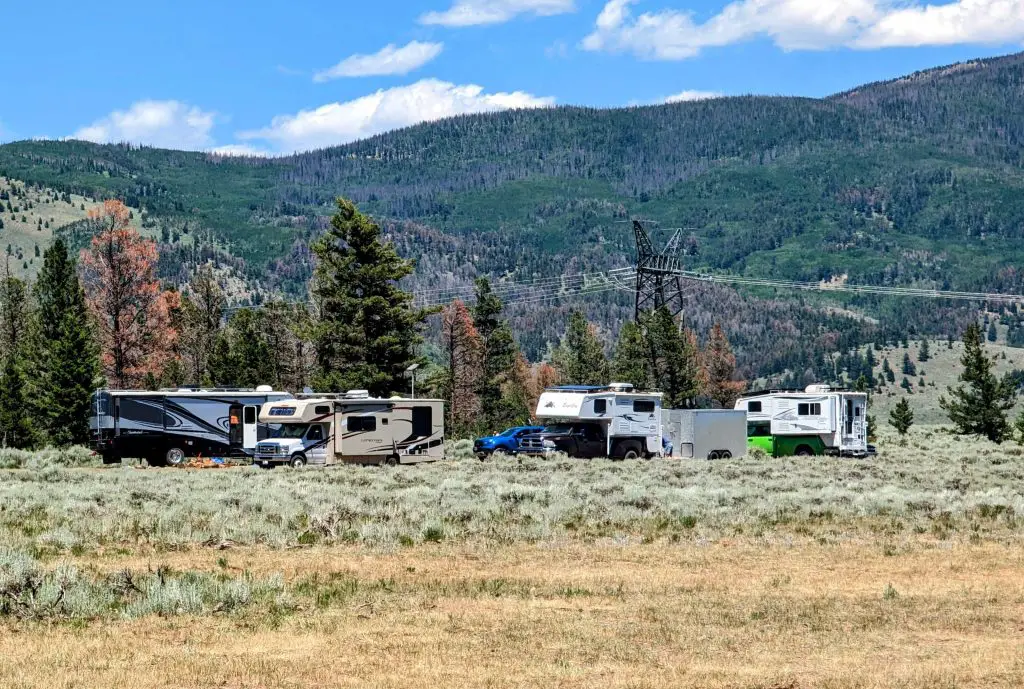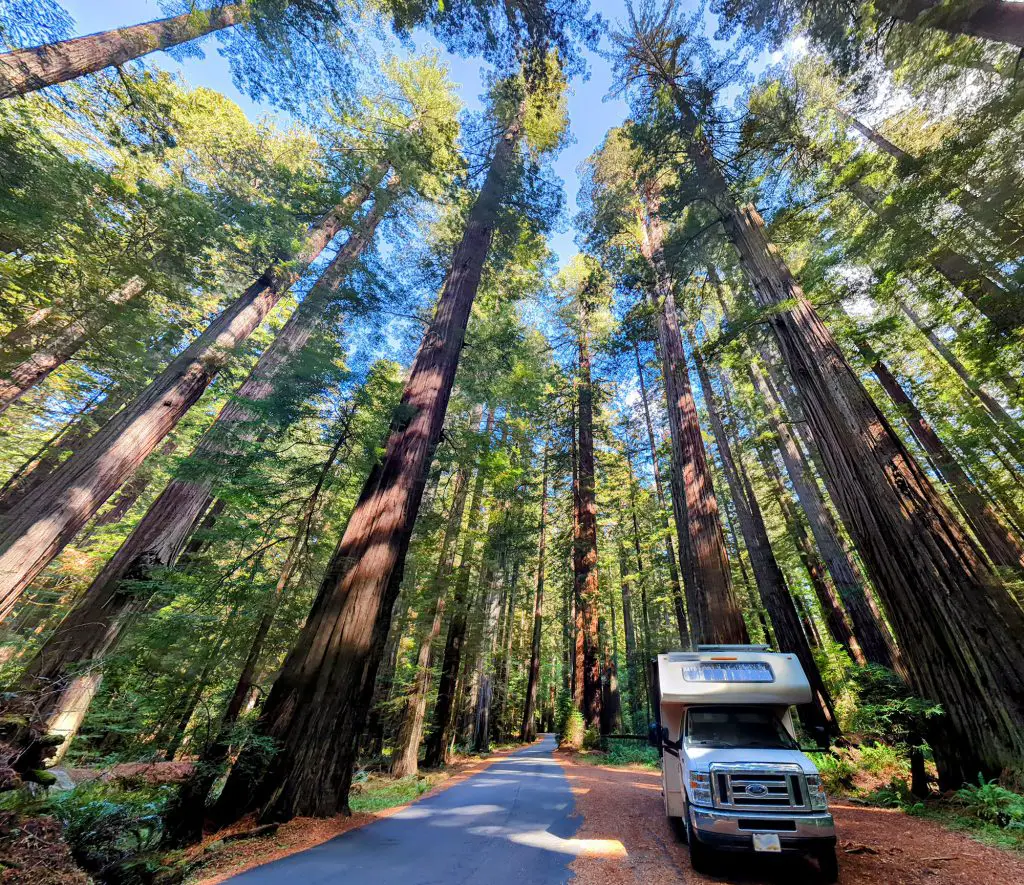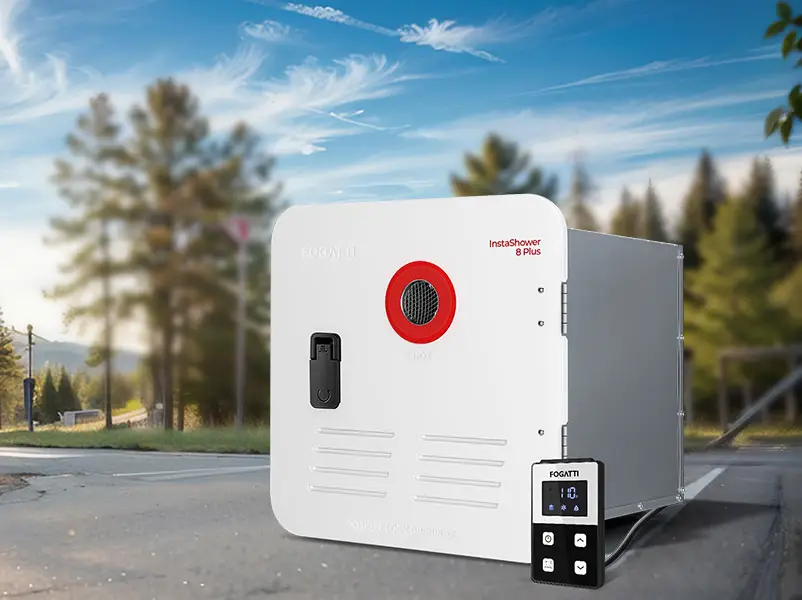
Key Takeaways:
- Water heaters are essential for RV and camper van living, providing comfort and convenience by ensuring hot showers and hassle-free dishwashing.
- Tankless water heaters offer modern efficiency without bulky tanks, while some models can run on both propane and electric power sources for added flexibility.
- RV water heaters come in various types, including tankless, tank-based, combination heater and furnace units, electric, gas (propane), hybrid, and solar.
- Common power sources for RV water heaters include propane, electricity, dual (propane and electric), diesel, solar, and hybrid (propane/electric).
- RV water heater capacity varies from 6 gallons for smaller RVs to 16 gallons for larger models, with tankless options providing continuous hot water on demand.
- When selecting an RV water heater, consider factors such as your RV’s needs, available power sources, size and weight, installation space, venting requirements, installation and maintenance ease, energy efficiency, and user-friendly controls.
- Prioritize energy-efficient models with user-friendly controls for a seamless camper van experience, and consider professional installation if unsure about DIY installation.
For folks who love hitting the road in their RV and camper vans, having a good water heater is like having a reliable sidekick – it just makes everything better. To me, a water heater is an integral element of my home on wheels. It’s not just about convenience; it’s a necessity for warm showers and hassle-free dishwashing, transforming the RV into a haven of comfort. Many RVs now come equipped with built-in water heaters, simplifying daily routines.
The emergence of tankless water heaters adds a modern twist to this essential appliance, offering efficiency without the need for bulky tanks. Additionally, the versatility of some water heaters, capable of running on both propane and electric power sources, provides flexibility that aligns seamlessly with the varied needs of life on the road. It’s these thoughtful innovations that ensure my home away from home is always equipped for comfort and functionality.
Types of Water Heaters
Water heaters for camper vans come in different types, each with its own features. Take tankless water heaters, for example; they give you hot water when you need it and save space. On the flip side, there are tank-based heaters that store and heat a set amount of water, making sure you have a steady supply. Let’s dive into the types of water heaters:
Tankless Water Heaters
- How They Work: Instantly heat water as it flows through the unit, eliminating the need for a storage tank.
- Advantages: On-demand hot water, space-efficient design, and energy-efficient operation.
- Considerations: May have a higher initial cost, and the water flow rate affects heating efficiency.
Tank-Based Heaters
- How They Work: Store and heat a specific amount of water in a tank, ensuring a continuous supply of hot water.
- Advantages: Simplicity, lower initial cost, and reliable hot water source.
- Considerations: Limited hot water capacity compared to tankless models, and the size of the tank determines availability.
Combination Heater and Furnace Units
- How They Work: Serve as both a water heater and a furnace for interior heating.
- Advantages: Space-saving, combining two functions in one unit.
- Considerations: The shared function may result in compromises in capacity for both heating and hot water.
Electric Heaters
- How They Work: Use electricity to heat water and are often powered when connected to shore power.
- Advantages: Ideal for RVs with reliable access to electrical hookups, energy-efficient when connected to power.
- Considerations: Limited usability when boondocking without access to electricity.
Gas (Propane) Heaters
- How They Work: Use propane as a fuel source to heat water, operating independently of electrical power.
- Advantages: Efficient and suitable for boondocking scenarios where electricity might be limited.
- Considerations: Propane consumption may be a factor, and they may not be as energy-efficient as some electric models.
Hybrid Heaters
- How They Work: Combine elements of tankless and tank-based systems for improved energy efficiency.
- Advantages: Energy-efficient, providing a more constant supply of hot water compared to traditional tank-based models.
- Considerations: Generally more complex and may have a higher initial cost.
[amazon box =”B098THLN39″]
Power Source
RV water heaters can be powered by different sources, each with its own set of advantages. Here are common power sources for RV water heaters and brief descriptions:
Propane
Propane-powered water heaters are prevalent in RVs due to their efficiency and independence from electrical power. They utilize propane gas to heat the water, making them suitable for boondocking or camping in areas without electricity.
Electricity
Electric water heaters in RVs rely on electrical power, either from shore power hookups or onboard generators. When connected to a power source, these heaters efficiently heat the water, providing a reliable and consistent supply.
Dual (Propane and Electric)
Some RV water heaters offer the flexibility of dual power sources, allowing users to switch between propane and electricity based on availability and preferences. This dual functionality provides versatility for various camping scenarios.
Diesel
Diesel-powered water heaters are less common but are found in certain RV models. They draw fuel from the RV’s diesel tank to heat the water, making them suitable for RVs equipped with diesel engines.
Solar
While less common, some RV water heaters can be integrated with solar power systems. Solar panels harness energy from the sun, converting it to electricity to power the water heater. This eco-friendly option is ideal for those seeking alternative energy sources.
Hybrid (Propane/Electric)
Hybrid water heaters combine propane and electric elements, offering the flexibility to choose the power source based on availability or preference. This hybrid design ensures that users can adapt to different camping scenarios.
Capacity and Size
RV water heaters come in various capacities, and the size you choose depends on your needs and preferences. Here are common sizes and their descriptions:
- 6-Gallon: This is one of the most common sizes for RV water heaters. It’s suitable for smaller RVs or those with fewer occupants. The 6-gallon capacity provides enough hot water for quick showers and basic dishwashing.
- 10-Gallon: Larger RVs or those with more occupants may opt for a 10-gallon water heater. This size is ideal for families or individuals who prefer longer showers and more extensive use of hot water for various purposes.
- 12-Gallon: Some RVs feature a 12-gallon water heater, offering even more hot water capacity. This size is often found in larger, more luxurious RV models where the demand for hot water is higher.
- 16-Gallon: Less common but available in some high-end or custom RVs, a 16-gallon water heater provides a generous supply of hot water. This size is suitable for those who prioritize ample hot water capacity, especially in larger RVs.
- Tankless: Tankless water heaters do not have a fixed storage capacity, as they heat water on demand. They are increasingly popular for their space-saving design and continuous supply of hot water. Tankless models are suitable for various RV sizes, and their capacity is determined by the unit’s flow rate.
Determine the right water heater capacity for your needs. Smaller units are space-saving but may have limitations in providing hot water for multiple uses. Larger heaters are suitable for those who require more hot water but might take up valuable space in smaller camper vans.
[amazon box =”B08LW5JXKP”]
How To Pick The Right RV Water Heater?
Assess Your RV’s Needs
Before diving into the selection process, assess your RV’s hot water requirements. Consider the number of occupants, typical water usage patterns, and the size of your RV. This initial evaluation will guide you in determining the appropriate capacity.
Power Source Considerations
Evaluate the power sources available in your RV. Propane, electricity, and even solar-powered options are common. Propane water heaters are excellent for boondocking, while electric models are efficient when connected to shore power. Dual-power models offer flexibility, allowing you to switch between propane and electricity.
Size and Weight
Consider the physical dimensions and weight, especially if space is limited in your RV. Smaller RVs might benefit from compact designs, while larger units with more occupants may require larger capacities.
Installation Space
Measure the available space for your new water heater. Ensure that the selected model fits seamlessly into the designated installation area. Additionally, check for compatibility with existing plumbing connections.
Installation Process
If you’re confident in your DIY skills, installing an RV water heater can be a feasible task. Follow the manufacturer’s instructions meticulously, ensuring proper connections and safety measures. However, if you’re unsure, it’s advisable to seek professional installation to guarantee a secure and reliable setup.
Venting Requirements
Some require proper venting to ensure safe operation. Check the venting requirements of your chosen model and ensure compliance with RV safety standards.
Installation and Maintenance: Ensuring Smooth Operation
When selecting a water heater for your camper van, prioritize units that boast easy installation and maintenance. The process should be straightforward, allowing you to focus on your travels rather than intricate technicalities. Consider whether you prefer an internal installation, seamlessly blending with your van’s interior, or an external unit for simplified accessibility. For those planning winter adventures, explore water heaters equipped with efficient winterizing features to keep your system robust in colder climates.
Energy Efficiency: Prolonging Power Source Life
Choose a water heater that aligns with your commitment to environmental consciousness and resource conservation. Opt for models with excellent energy efficiency to not only reduce your environmental footprint but also extend the life of your camper van’s power sources. Look out for features like insulation, which minimizes heat loss, and systems that operate with minimal energy consumption, ensuring you can enjoy hot water without compromising your vehicle’s overall efficiency.
User-Friendly Controls: Simplifying Your Journey
Amid your travels, simplicity is key. Prioritize water heaters with user-friendly control interfaces for a hassle-free experience. Adjustable temperature settings cater to your preferences, ensuring your hot water is just the right temperature. Clear indicators for water levels and system status provide essential information at a glance, allowing you to focus on the road ahead rather than deciphering complex controls. Choose one that puts you in control, making your camper van journey as straightforward and enjoyable as possible.


